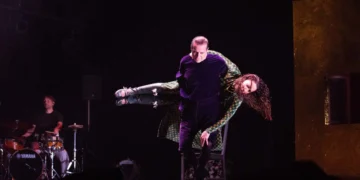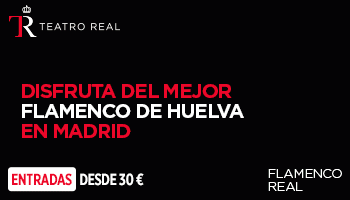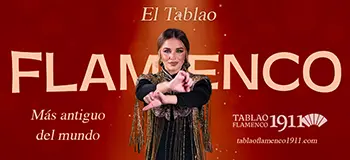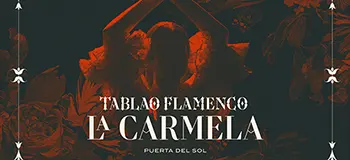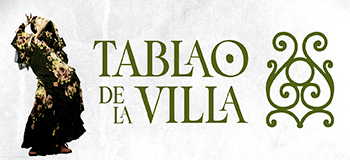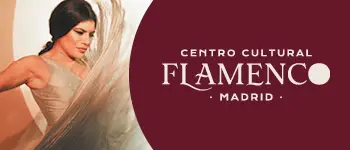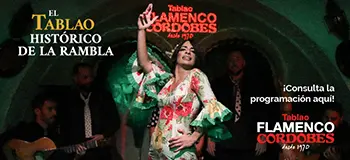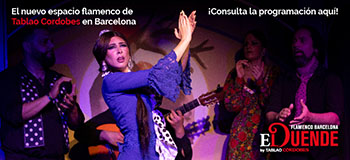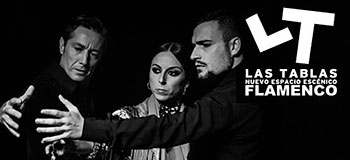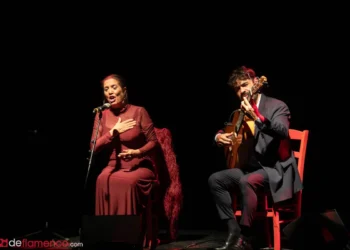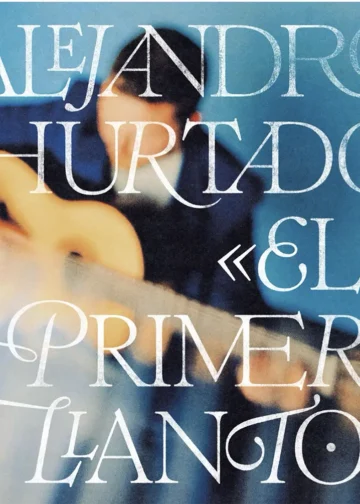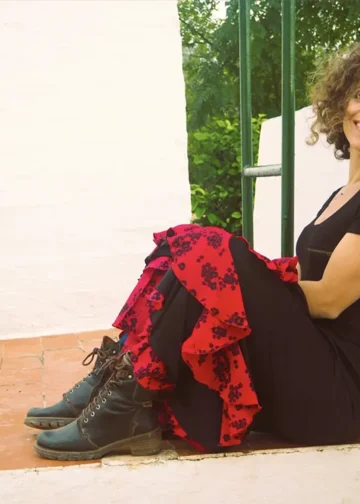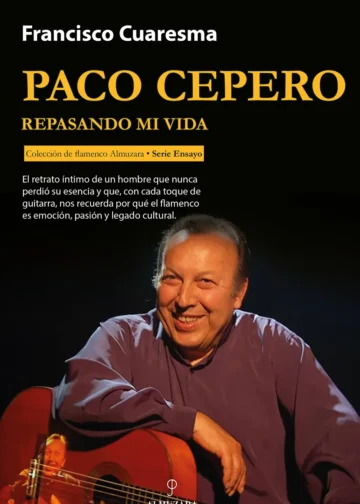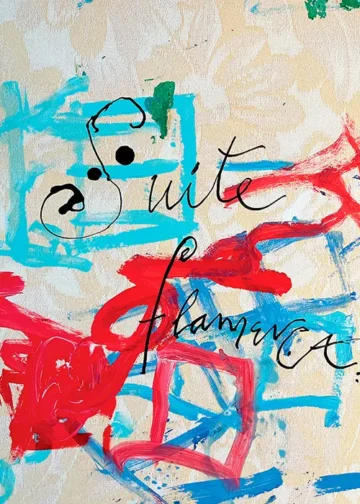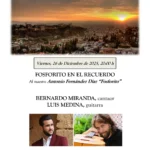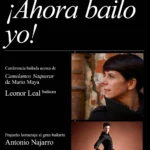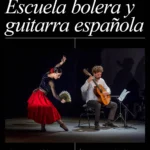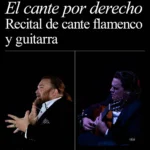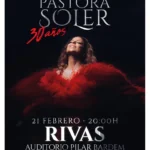|
‘EL CIELO DE TU BOCA’ |
||||
|
SPECIAL BIENAL DE FLAMENCO DE SEVILLA 2008 Text: Estela Zatania Dance: Andrés Marín. Bells and polyphonics: Llorenç Barber (guest artist). Cante: Segundo Falcón, José Valencia, Enrique Soto. Guitar: Salvador Gutiérrez. Percussion: Antonio Coronel. Artistic direction and playwright: Andrés Marín, Salud López, Santiago Barber, Juan Vergillos. Coreography: Andrés Marín. It’s always gratifying to make the personal discovery of a genius, regardless of whether you’re the last person to recognize that genius, or few people have ever taken notice of the individual. Dancer Andrés Marín, whom I saw for the first time several years ago, is a genius who enjoys (suffers?) both conditions. If in Holland and France he is a major star of flamenco dance, in other places his name is unknown and in his own home country he is little seen compared to the most popular figures we all know. Even if his particular style is not your cup of tea, you have to admire the serene precision in everything he does, never as a technical flourish; even his sculpted hair without a single strand out of place (we mothers don’t like to see the hair-in-face effect many dancers cultivate, and which is a cheap affectation), is part of the look that seems to represent the species homo latinus domesticus, 2008. A largely foreign audience is occupying the seats of the comfy Teatro Central when Enrique Soto breaks the pre-curtain silence from the audience area with the house lights still on. From that point on, it’s a journey through the fertile mind of Andrés Marín who revels in this sort of conceptual dance show, loaded with symbolism and declarations that may be less thought-provoking than confusion-provoking. Even the alluring title of the work (which means ‘the heaven of your mouth’) doesn’t seem to bear any relation to the motif of bells that inundates eyes and ears, eventually overwhelming what should have been the main element: Marín’s dancing. The text on the handbill urges the spectator to “ask no questions about what you are seeing […] and just feel your body, your skin, the heaven of your mouth”. Unconditional fan that I am of Marín’s dancing, I really made a big effort, but was unable to reach the promised state of grace, despite the admirable struggle of all the performers to pull it off. If the work doesn’t quite gel, some moments are wonderful. Marín himself sings a perfectly respectable fandango, a surreal video includes X-rays of a man singing and of the dancer’s hands, humorous touches include the two conical metal objects Marín wears strapped to his back and which look like enormous misplaced breasts that produce the sound of a cowbell every time the dancer jumps, or the winning lottery number sung with all the energy of a martinete. The most surprising element in the show is the strangely hypnotic polyphonic singing of bellmaster Llorenç Barber. This is a vocal technique from a certain area of Mongolia which produces a mysterious double sound, simultaneously gutteral and whistle-like. If the omnipresence of bells subtracts coherence and adds little, much more could have been done with this unsettling, almost supernatural sound, so strange to Western ears, and which seems to suggest a return to the beginning – of flamenco, of life, of the universe… The magnificent team of singers – Segundo Falcón, José Valencia, Enrique Soto – is underused. Only the cantiñas at the beginning, and the siguiriyas towards the end have the impact of complete dances with a beginning, development and end, which is when we can appreciate the extraordinary talent of Andrés Marín, the singers and the underestimated guitar of Salvador Gutiérrez. There is also a farruca with subtle references to Antonio Gades. The obsessive desire to avoid what might be perceived as “corn”, carries the implicit obligation of creating one’s own code. It’s possible no single human is capable of single-handedly creating a system that efficiently competes with an artform as developed as flamenco. But I prefer to observe Andrés Marin’s failed attempts and his profound art that makes no concessions, to the successes of other lesser artists.
|
Descubre más desde Revista DeFlamenco.com
Suscríbete y recibe las últimas entradas en tu correo electrónico.


 XV BIENAL DE FLAMENCO DE SEVILLA
XV BIENAL DE FLAMENCO DE SEVILLA


